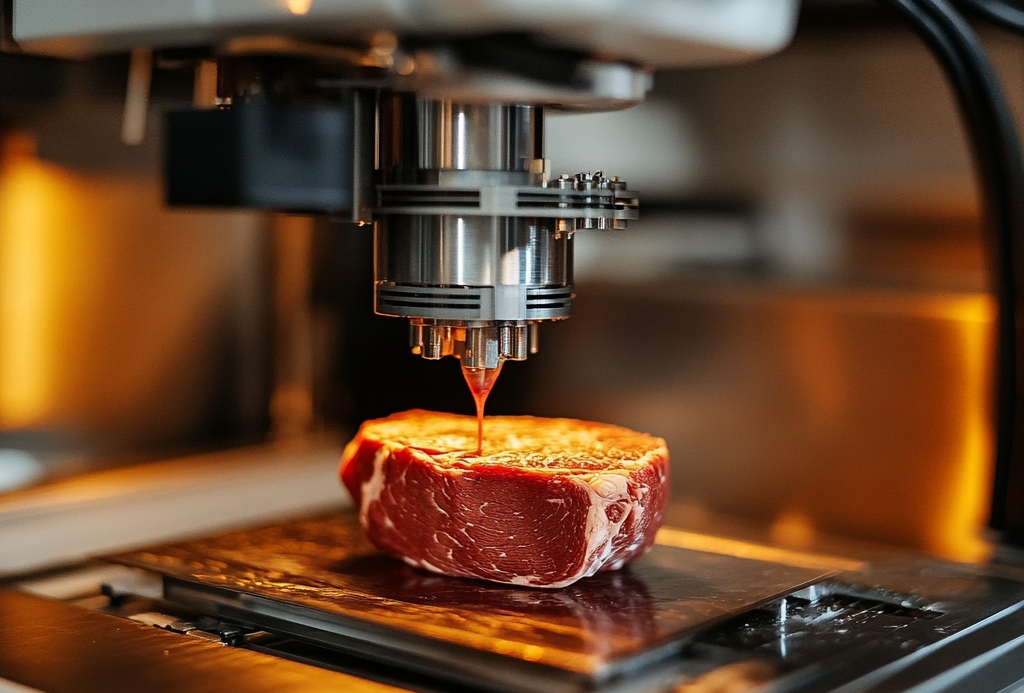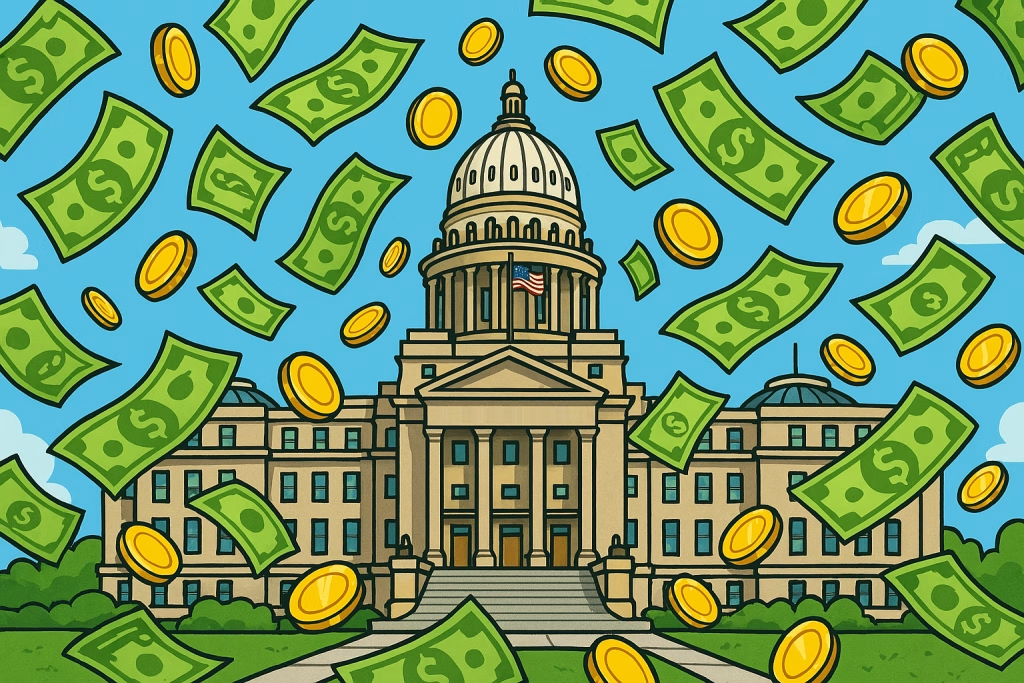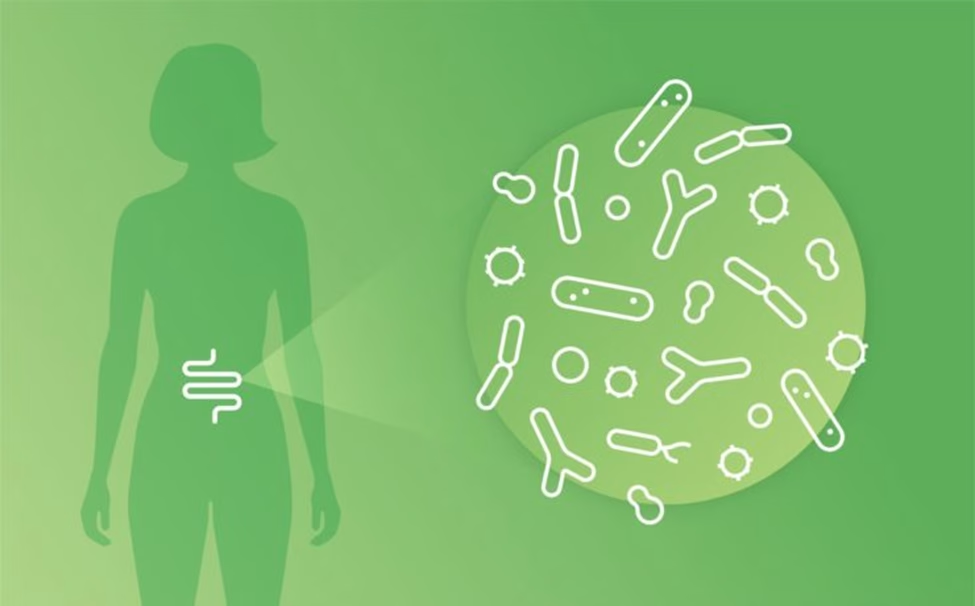As I’ve listened to discussion and debate over whether or not Idaho should tax groceries, one idea has jumped out at me. Americans have a very unhealthy diet.
I know this isn’t news to most people, but when it comes to public policy it creates numerous conundrums. One of the reasons put forth for exempting groceries from sales taxes is that food is essential for human life — it’s something we all need to buy. Yet obviously not all food is beneficial. My old home state of Washington specifically exempts soda from the sales tax exemption, presumably because the government believes it is unhealthy.
In fact, Washington actually raised taxes on sodas and candy a few years ago. Citizens repealed those extra taxes through the initiative process, but not before the government had to explain why they were adding taxes on soda (mostly consumed by lower class families) but not sugary coffee drinks (mostly consumed by middle to upper class families).
A fatal flaw of capitalism is seen in how food conglomerates have engineered addictive junk food that create increased demand in consumers. Conservatives rightly believe in allowing the free market to work rather than having government bureaucrats decide what we can and cannot eat, or even putting their thumbs on the scales by taxing or subsidizing certain products. Yet the free market has allowed us to become a nation afflicted by metabolic diseases. What can be done?
Obviously, giving control of what we eat to government bureaucrats is a nonstarter. Their recommendations are informed by junk science and lobbyist cash, not by the health and welfare of the American people. This also leads to situations like the one in Washington where they levied extra taxes on the unhealthy foods consumed by regular people but exempted their own favorite unhealthy foods.
There are already government programs that subsidize certain foods. Women, Infants, & Children (WIC) is a federal program for mothers and children that is administered by the Idaho Dept. of Health and Welfare (IDHW). Their website links to a 24 page document laying out which foods are allowed to be purchased with WIC money and which are not. WIC subsidizes fruits and vegetables along with cereal, bread, rice, pasta, tortillas, milk, eggs, yogurt, cheese, peanut butter, beans, fruit juice, baby food, and tuna. Ground beef, which I believe is better for adults and children alike than cereal, bread, pasta, or fruit juice, is not subsidized.
We all know stories of families using food stamps to buy things that are unhealthy. Even if WIC or TANF or any of those programs restrict what foods are eligible, the fungibility of money means that subsidizing one thing necessarily subsidizes another. There is nothing stopping a welfare recipient from getting cheese and fruit juice on the dole and then using his or her scarce dollars for potato chips and cookies — as conservatives, we tend to believe there shouldn’t be. It’s freedom of choice, right?
Speaking of ground beef, another debate on the horizon is over lab grown meat. Worldwide elites have decided that regular people should cease eating meat, and should instead consume various forms of soy paste and pureed insect meal. (They will still be served steak at Davos, of course). To this end, billionaires like Bill Gates have been heavily investing in startups that are attempting to craft foods that resemble meat, either using factory-made slurries like Beyond Meat or using genetic engineering to clone meat cells in labs.
Florida has banned lab grown meat, and Rep. Heather Scott, co-chair of the Idaho Freedom Caucus, promised that a similar bill will be on the agenda in Idaho next year. Many conservatives and libertarians are aghast that the government would ban private businesses from bringing such products to market, believing that consumers should have the right to choose what they buy. Others push back, saying that the purpose of the push for artificial or lab grown meat is to eventually remove the ability for us to buy the real thing, so governments must nip it in the bud.
What do you think? If Idaho passes a law to eliminate the sales tax on groceries, should unhealthy choices like soda be exempted from the exemption? Who should decide what foods can be bought under programs like WIC? Should Idaho ban lab grown meat? Let me know in the comments — I’ll open them up on Substack to free subscribers just to get the conversation going. I invite you to continue the discussion on social media as well!
As a free subscriber to the Gem State Chronicle you receive daily articles in your inbox. Paid subscribers get bonus notes, early access, and exclusive content. Click here to subscribe today!
About Brian Almon
Brian Almon is the Editor of the Gem State Chronicle. He also serves as Chairman of the District 14 Republican Party and is a trustee of the Eagle Public Library Board. He lives with his wife and five children in Eagle.













